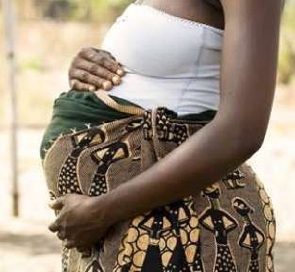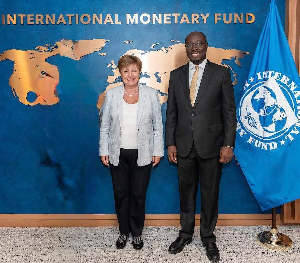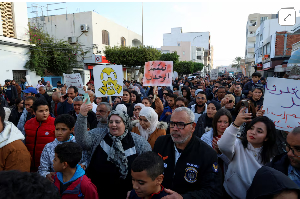The Ghana Coalition of NGOs in Health has flagged the emergence of COVID-19 and the double-track system as the major causes of the huge teenage pregnancy cases recorded in Ghana for 2020.
According to the Coalition COVID-19 has a role to play owing to the lockdown which saw children stayed at home for approximately eight (8) months.
The National Vice Chairman of the Coalition, Ninsau Kwesi Darku-Alazar insisted that several children were exposed to temptations during that period as their parents go to work leaving them at home, so they eventually engage in such acts but because of inexperienced they finally get pregnant.
Mr. Darku-Alazar further disclosed the many teenage pregnancy cases recorded in the country should also be attributed to the double-track system.
He explained that children now get enough time to relate at home, unlike the previous system where Students were given just a few days to stay at home.
“As the children stay at home for long some attend classes and begin to relate fraternally unlike the old system where Students stayed at home for just one month or two,” he alluded.
Mr. Kwesi Darku-Alazar argued that people should not be ridiculing the Ashanti Region for leading the chart released by the Ghana Health Service in terms of pregnancy cases.
He pointed out that the Ashanti has a huge population over any other region in the country, therefore if all things being equal the region should always be seen on top of the table in such situations.
People should not be surprised and think that children in the Ashanti region are more promiscuous than the other regions, it’s just because of the larger population, he added.
Mr. Ninsau Kwesi Darku-Alazar, therefore, called on the government, CSOs and parents to rekindle sexuality education among children by ensuring that teenagers understand what it takes to prevent unwanted pregnancies.
Meanwhile, the statistics released by the Ghana Health Service put the Ashanti Region on top of the table with 17, 802 teenage pregnancies while the Ahafo region is at the bottom of the table with 2,625 cases.
Regional News of Monday, 3 May 2021
Source: kasapafmonline.com













